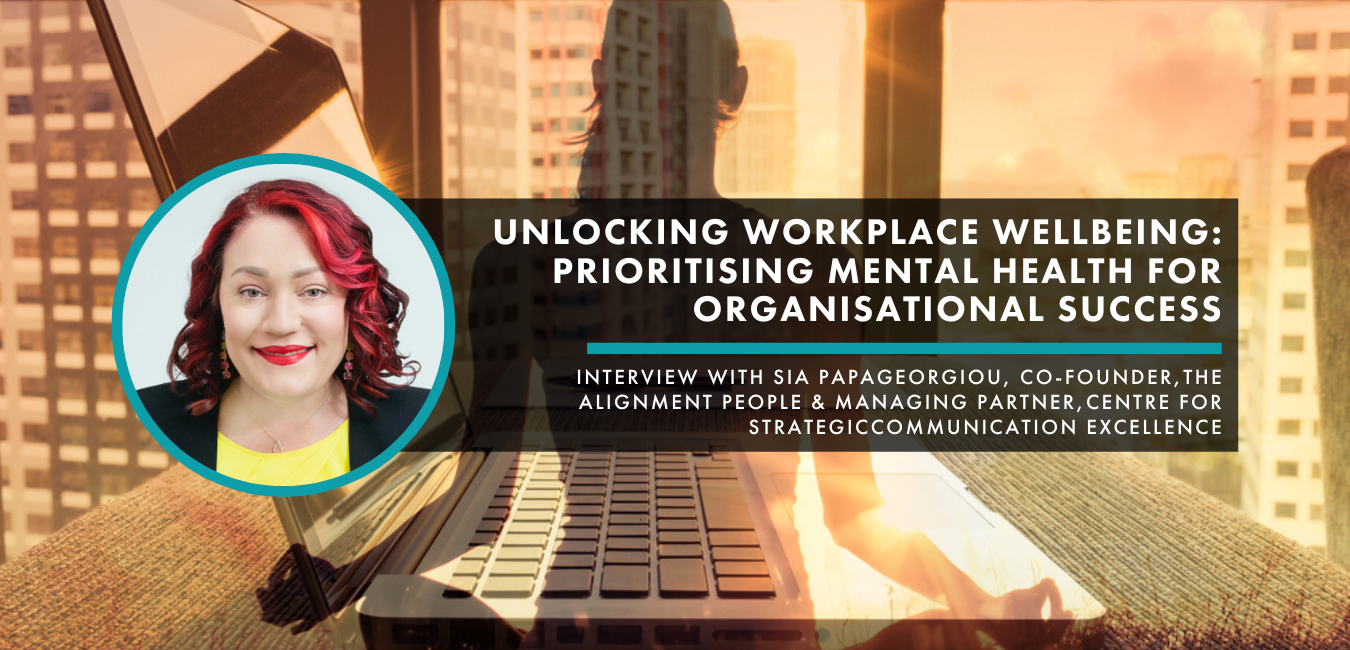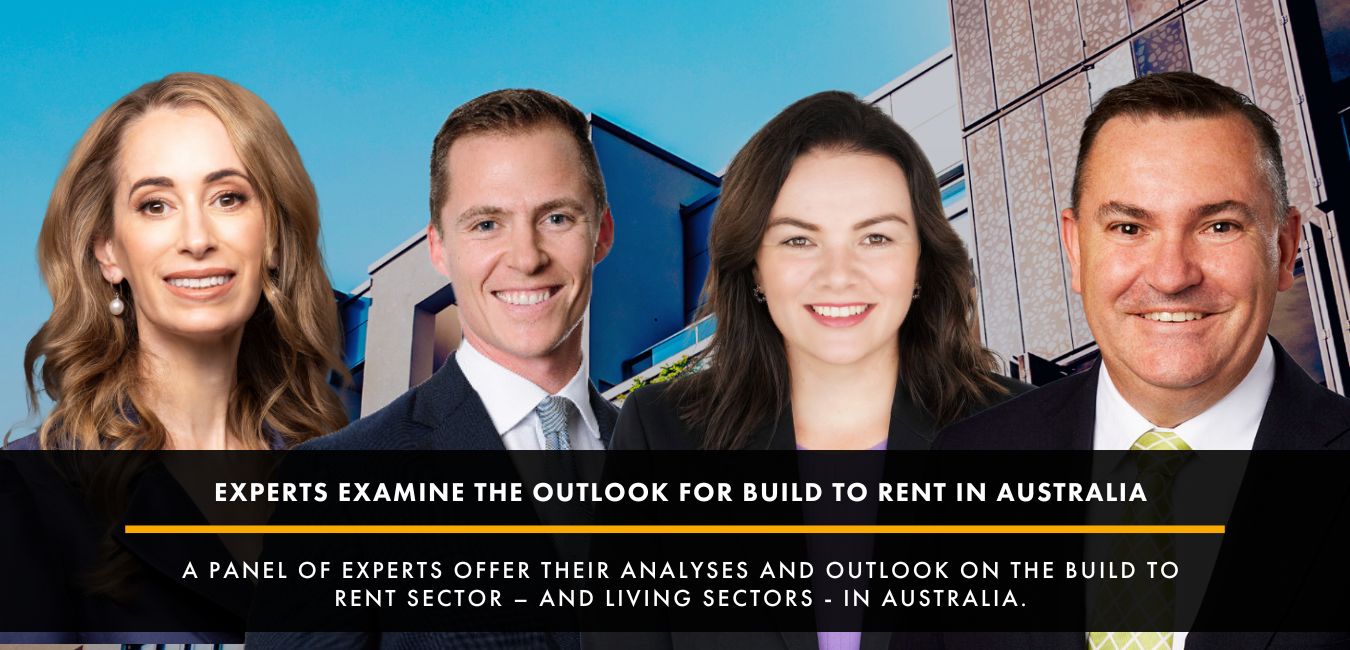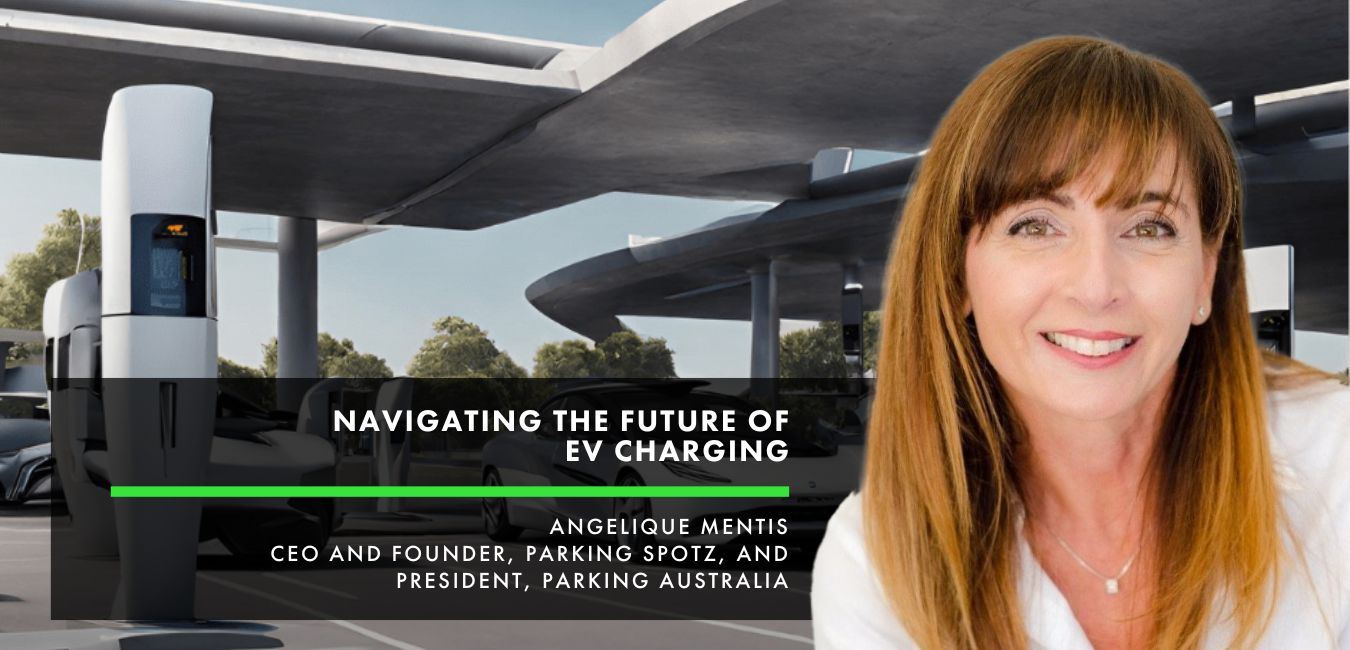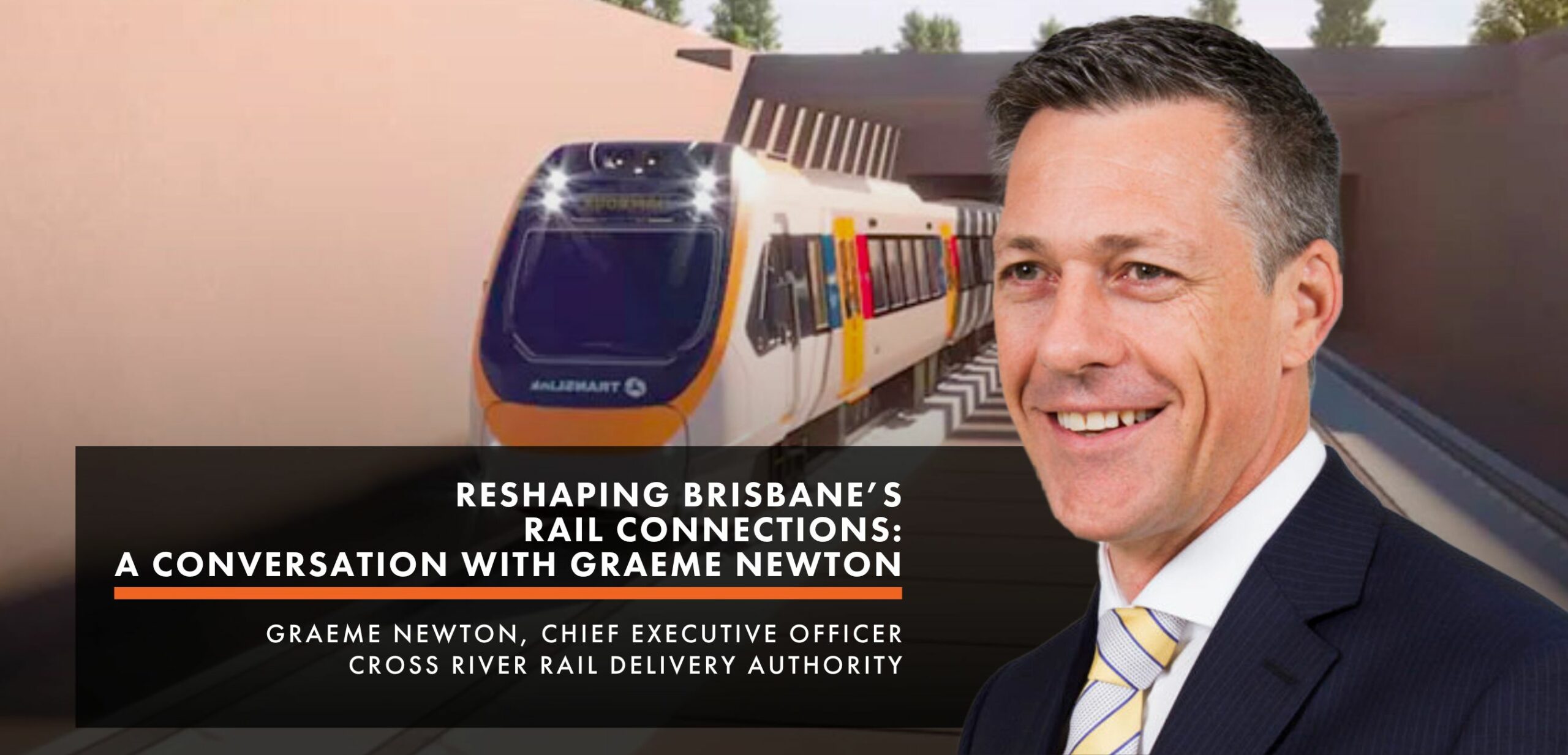FuturePlace Interview Spotlight, Sia Papageorgiou
FuturePlace recently interviewed Sia Papageorgiou, Managing Partner at Centre for Strategic Communication Excellence, & Co-Founder, The Alignment People, where she shared key findings from her extensive research and emphasises on the workplace wellbeing and prioritising mental health for organisational success
FuturePlace: Hi Sia, why are organisations that prioritise workplace wellbeing outperforming their competitors?
Sia Papageorgiou: Early last year I conducted research about the state of mental wellbeing in the communication profession. I surveyed almost 800 communication professionals across 40 countries and interviewed senior communication leaders – many of them in the C-suite – about how their organisations support the mental wellbeing of their people.
It became really clear that these organisations do three things very well.
The first, is they’re actively creating a working culture and environment that normalises the topic of mental wellbeing. They talk openly about mental wellbeing and work hard to create a psychologically safe environment where people feel they can be themselves.
The second, is they prioritise listening. Their employees have a voice, and they create opportunities for their people to share their concerns openly and honestly in a number of ways, both formally, through activities such as surveys, and informally through regular check-ins.
Finally, these organisations have leaders who role model the behaviours they wish to see, that support a psychologically safe environment.
In these organisations, people feel more connected, and they feel safer. And as my research (and other research) demonstrates, these organisations have higher performing employees and a healthier bottom line – so it shows up in financial performance too. Aside from being the right thing to do, it’s also a competitive advantage – it makes good business sense. I can’t wait to share some examples with you at REWork in Sydney in September.
FuturePlace: Productivity paranoia, presenteeism, burnout vs trust and outputs are on employees’ minds. How do we ensure that workers feel connected to each other, the work, the mission, and the organisation, even when they don’t show up to the same place 5 days a week?
Sia Papageorgiou: Make communicating effectively a priority in your organisation. The way in which we help people increase their understanding and create connection is to communicate clear, consistent, timely and relevant information about why the organisation exists, where the organisation is headed, and more importantly, how its employees contribute to the organisation’s success. And when you do that, your employees are more aligned to your organisation’s strategic foundations – i.e., its purpose, mission, vision, priorities, and values.
Aligned employees are more productive and enthusiastic about their work and workplace. They also love telling other people how great their organisation is, and let’s face it – that’s something every organisation wants, especially now in this global race for talent. That then leads to a better customer experience because they share the love externally as well. And a better customer experience leads to improved business performance, which leads to more revenue, increased shareholder value, a stronger social impact, and your social licence to operate.
So, creating an environment that supports effective communication, is critically important to your organisation’s success.
“The cure for burnout is not self-care. It’s all of us caring for each other.”
FuturePlace: Is burnout the employee’s or the management’s responsibility to mitigate? Or is the answer not so simple?
Sia Papageorgiou: I don’t think it’s as simple as one or the other. Of course, employers have a legal responsibility to provide a safe and healthy workplace and that includes both physical and mental wellbeing. People managers have a key responsibility to understand how their people are feeling and provide an environment that supports them to thrive.
Through my own research, which I mentioned earlier, I found that just over half of people managers are actively asking their employees how they’re feeling. That’s a real concern. I always come back to a Simon Sinek quote that I absolutely love and that is, “Leadership is not about being in charge. Leadership is about taking care of those in your charge.” So how are you demonstrating care?
Wellbeing is also a personal responsibility. We need to be mindful of how we manage our time, have the courage to speak up when we need support and not view that as a sign of weakness. We also need to get better at telling people what support looks like for us so people are aware of how they can support us in the best possible way.
There’s a great quote in my research from Drs Emily and Amelia Nagoski, who wrote the book, Burnout: The Secret to Solving the Stress Cycle, which is, “The cure for burnout is not self-care. It’s all of us caring for each other.”
We really are stronger together and collectively we need support and care from others who take our emotional and physical needs into consideration – or as Drs Emily and Amelia Nagoski call it – ‘a bubble of love around you’ from people who say things like: “I’m here for you. I see you and I support you.” We cannot do this alone. And when we do that together, we create and support a psychologically safe environment where people feel they belong, can thrive, and do their best work.
FuturePlace: How do high performing teams leverage communication?
Sia Papageorgiou: High-performing teams understand the critical role of effective communication in achieving their goals. They ensure everyone in the team understands the team’s goals, objectives, and individual roles so that everyone in the team is working towards the same shared vision. They listen to one another and seek to understand their team members’ perspectives, concerns, and ideas. This demonstrates respect, encourages open and honest dialogue, and promotes a culture of trust and empathy.
They are free to share information, ideas, and feedback without fear, which encourages collaboration and helps the team to make informed decisions. This also helps the team to navigate any conflicts that arise and adapt to changes in plans and priorities. High-performing teams encourage open communication to identify areas for improvement, share lessons and explore innovative ideas, which helps the team stay ahead and adapt to evolving circumstances. They also communicate appreciation and recognition, celebrating individual and team contributions – important for motivation and morale.
By leveraging communication, these teams build strong relationships, enhance collaboration, and achieve outstanding results.
FuturePlace: Why is it important to develop strategies to promote organisational integrity, psychological safety, group potency, interdependence, and team cohesion in diverse workforces?
Sia Papageorgiou: It’s very important because they’re the things that allow your organisation to thrive, to create a sense of belonging, to leverage the diversity of your team to encourage things like creativity and innovation and create the type of type of employee experience that moves beyond just being satisfied or engaged.
If you don’t promote or don’t actively encourage organisational integrity, if your employees don’t feel psychologically safe, if there’s no group potency, interdependence, and team cohesion in your organisation, then you’re probably not as aligned and effective as you could be.
That shows up in a number of ways including people not agreeing about what success looks like and so not being able to achieve their team’s goals. People find it really difficult to make decisions, or they make decisions that go against what the organisation’s values and behaviours are. It leads to an ineffective communication environment which then leads to poor collaboration. It leads to environments where people are too afraid to speak up and admit to things like mistakes. It results in people who come to work because it’s a means to an end, not because they truly believe in the organisation’s mission and vision, and they want to contribute to the organisation’s success. It affects innovation, and also it allows conflict to fester. All of that leads to misalignment.
FuturePlace: Why should HR, Organisation development and People and Culture Directors, among others attend your workshop on Diversity Unlocked?
Sia Papageorgiou: Our half-day workshop is about learning how to redesign your organisation’s culture, gain a deeper understanding of the critical factors that drive alignment, trust and effectiveness in leadership and diverse teams, and learn how to address key issues without judgment or blame.
If you want to create a more aligned and effective workforce, this workshop is for you. You’ll gain insights into diagnosing alignment gaps, and we’ll share the actionable steps you can take to redesign your organisation’s culture and foster an inclusive environment where all team members can thrive.
Rework APAC Summit
Sia will be speaking at the 3rd Annual REwork & APAC Summit, taking place on 12-13 September 2023 in Sydney. It will bring HR, workplace and employee experience, real estate, facilities management and technology decision makers all together under one roof, providing the best opportunity to engage, educate and build relationships with multiple stakeholders.







